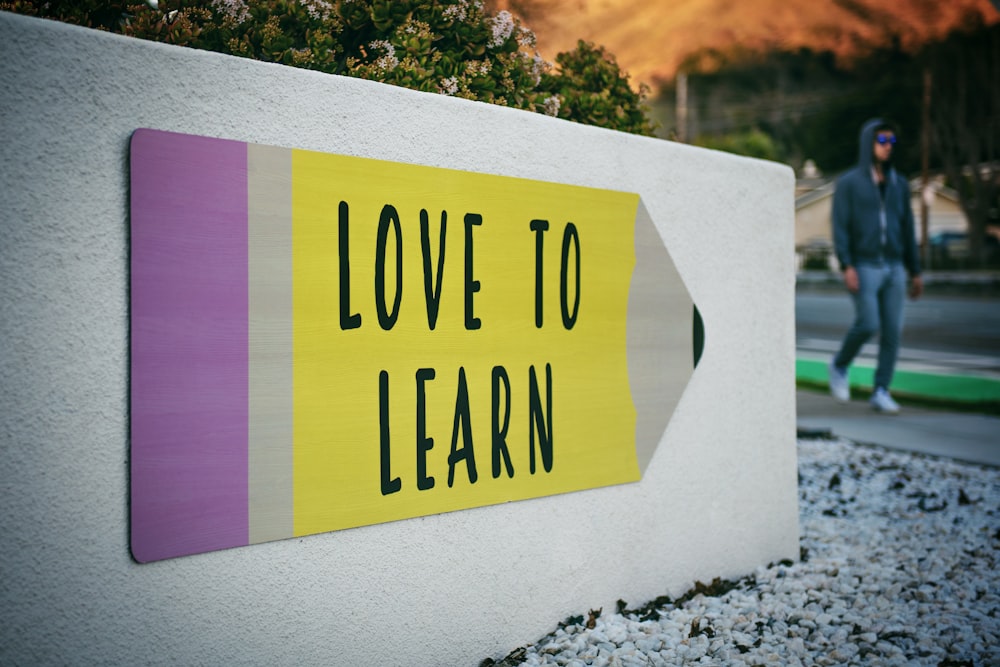High school students today face extreme pressure. Whether it is the college process, standardized tests, grades, athletics, or just peer pressure, school can easily become overwhelming. Most students play a sport, join at least one club, and take advanced classes.
However, for the overachievers, there is pressure to have it all. These students want to be well-rounded and excel in everything they can. While this is a great goal, it often leads to burnout. So, let's talk about how much is too much.
Advanced Classes
First, there are advanced classes. Advanced classes provide students with an opportunity to demonstrate their commitment to learning and their knowledge of challenging topics. The AP program offers 39 classes, and each school offers a different number of honors classes.
Students who want to get into top universities typically take as many of these classes as possible, which provides them with an extensive workload. One way to balance in this realm is to only take the challenging classes that you are interested in and that will benefit your major. For example, if you want to become a doctor, you could take AP/honors math and science, but take easier English and history classes. It is super easy to burn out when you have a workload from classes that you are not interested in. Try limiting these classes, and colleges will see your dedication to your subject.
If you are undecided, and have no idea what you want to do, just take the classes that interest you. Let's say you are super interested in chemistry and history, but not language and physics. You could take advanced history and chemistry, while taking it easy with language and physics classes.

Photo by Paico Official from Unsplash.
Extracurriculars
Next, there are extracurriculars. This is where people tend to overextend themselves trying to be well-rounded. Yes, being well-rounded is important, but if you don't like science, you don't need to do science olympiad.
There is so much pressure around trying to fill out all ten extracurricular spots on the Common Application, that you might tend to join clubs just to fill the spots. Clubs take up your free time, so it is so important to choose activities that you enjoy.
Another aspect to consider is activities outside of school. It is so easy to forget about these, especially when you think about how involved you are in your school. If you are doing a ton of volunteering, working, tutoring, etc. independently, you might not want to join a bunch of clubs at your school.
For example, you could volunteer four days a week, and work on the weekends. While getting involved with your peers is great, you might want to scale down on how many clubs you are in.
In my experience, I have gone through a ton of sports, clubs, and outside of school programs to find what I truly enjoy. At school, I am a peer leader, participate in mock trial, the school TV channel and sports broadcast station, and the community service club. I enjoy all of these activities, and would spend my free time doing them anyways. Narrowing down my focus has truly allowed me to enjoy my junior year.

Photo by Forest Simon from Unsplash.
Finding a Personal Balance
Finding a personal balance is crucial. Without balance, you are going to be burnt out. In order to find this, you're going to need to step back and look at your involvement.
You need to determine what activities and classes you really enjoy (and want to pursue further), and what tasks you can live without. However, there is a lot more to consider with this, such as how much time you spend with family obligations, studying for standardized tests, or applying to college.
One way to narrow your focus is to think about the last time you had to participate in the activity or go to the class. For example, if you are considering leaving the debate team, you could consider your mood at the last competition. If you were dreading the competition all week and were miserable while you were there, then it is probably time to stop. Opposite of this, if you were excited all week and couldn't wait for Saturday morning, then you should stick with it.
Staying with the debate example, there are some times that you are going to be in the middle. If you were neutral about the competition, you should consider how many other activities you are involved in. So, if you are in a ton of other activities that you love, maybe it is time to drop the debate team.
On the other hand, if you are barely participating in anything else, you should continue on the debate team. At the end of the day, it's up for you to decide.
Once you have narrowed down your activities and classes, you can be sure that you are spending time doing what you love. Don't forget to make time for family and friends - spending time with the people you enjoy will give you a well-earned break and, hopefully, provide some stress relief.
Personally, I joined a ton of extracurriculars freshman and sophomore year, because I felt like I wasn't achieving anything. I found some clubs, such as mock trial and sports broadcasting, that I love and continued with. However, the six other clubs that I was in were just a filler - I didn't actually want to spend any time on them.
So, I researched and found programs outside of school that I enjoy. I learned a lot about myself through these programs, including my love for writing. Then, I did more research and found The Teen Magazine. Writing for this magazine is one of my favorite activities, and it gives me a sense of fulfillment. I recommend trying things out as well, so that you can find an activity that you love.

Photo by Tim Mossholder from Unsplash.
Hopefully, you can now assess how much is too much in your own life. Trust me, being involved in a million activities and taking a ton of hard classes is not the way to go. Once you find your personal balance, you can ensure that you are loving every second of your challenging classes and extracurriculars.


















